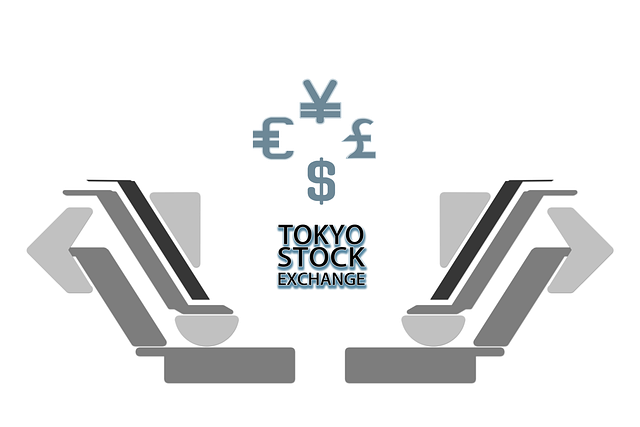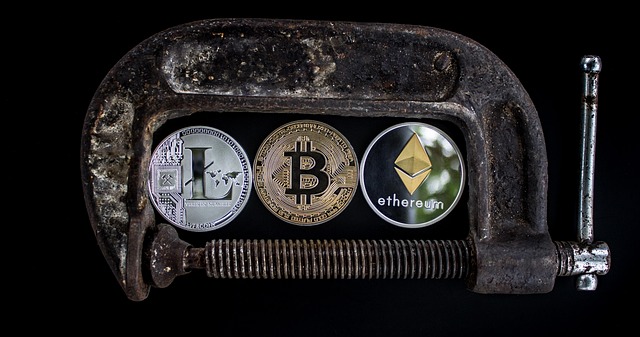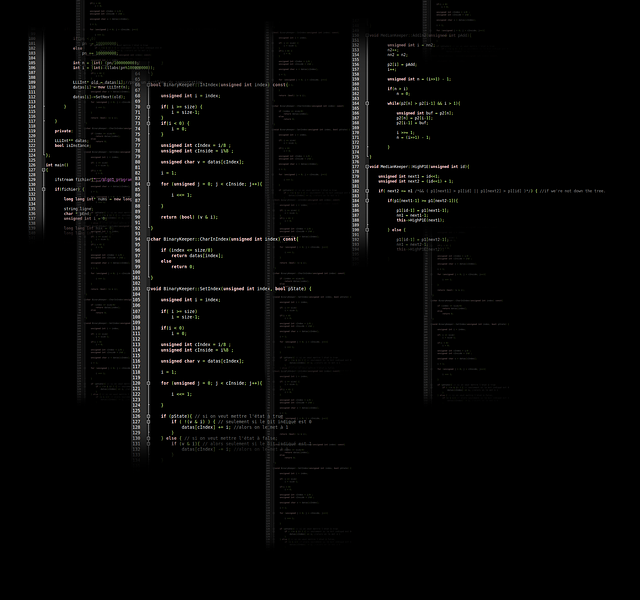
Ethereum, through its advanced smart contract technology, has revolutionized decentralized governance in the cryptocurrency space. Its community-driven voting systems enable token holders to participate in shaping dApps, fostering inclusivity and decentralization. The robust framework allows for collective decision-making on project direction, budget allocation, and rule changes, enhancing community engagement and setting a democratic standard within the crypto industry. Ethereum's innovative mechanism, leveraging cryptographic techniques, ensures transparent and secure governance, empowering participants to influence protocol updates and network matters. This model represents a significant shift towards more inclusive political processes, challenging traditional hierarchical structures through on-chain voting mechanisms. As Ethereum's ecosystem grows, balancing decentralization with scalability and security is crucial for preserving network integrity and effective global decision-making.
The evolution of cryptocurrency governance is reaching a pivotal moment, with Ethereum at the forefront, revolutionizing decentralized decision-making. This article explores how Ethereum’s unique mechanisms are shaping the future of crypto governance models, offering a new era of community-driven choices and transparent operations. We delve into the intricacies of its consensus algorithms and smart contracts, revealing how they facilitate direct democracy within blockchain networks. By examining these aspects, we uncover potential implications and challenges for the broader cryptocurrency ecosystem.
- Ethereum's Role in Shaping Decentralized Governance Models
- The Mechanisms of Ethereum-Based Decision-Making
- Implications and Challenges for the Future of Crypto Governance
Ethereum's Role in Shaping Decentralized Governance Models

Ethereum has emerged as a trailblazer in the realm of decentralized governance within the crypto space. Its innovative smart contract technology forms the backbone of many ambitious projects aiming to revolutionize decision-making processes. By providing a transparent and secure environment, Ethereum allows for community-driven voting systems where token holders can directly participate in shaping the future of various decentralized applications (dApps).
Through its robust framework, Ethereum enables the creation of governance models that foster inclusivity and decentralization. This platform empowers users to collectively make decisions regarding project direction, budget allocation, and even rule changes. As a result, projects built on Ethereum are often characterized by higher community engagement and a more democratic approach to governance, setting a new standard for decentralized decision-making in the crypto industry.
The Mechanisms of Ethereum-Based Decision-Making

Ethereum, with its robust ecosystem and smart contract capabilities, has revolutionized the way decisions are made in the cryptocurrency space. At the heart of its influence lies a unique mechanism that facilitates decentralized decision-making. This process is driven by the power of consensus, where network participants, known as nodes, collaborate to validate and execute transactions while simultaneously reaching agreements on proposed changes to the blockchain’s state.
Through a sophisticated voting system, Ethereum enables various token holders to have a say in important decisions regarding the network’s future. This includes updates to the protocol, new feature implementations, and even governance-related matters. The platform ensures transparency and security by leveraging cryptographic techniques, ensuring that every vote is counted accurately and that the decision-making process remains tamper-proof, a key advantage over traditional centralized systems.
Implications and Challenges for the Future of Crypto Governance

The rise of Ethereum and its innovative governance model presents a significant shift in how we perceive decentralized decision-making. One of the key implications is the potential for more inclusive and transparent political processes, where every token holder has a direct say in the project’s direction. This democratization of power challenges traditional hierarchical structures, offering a new paradigm where consensus is reached through on-chain voting mechanisms.
However, this shift also brings challenges. As Ethereum’s ecosystem expands, managing diverse stakeholder interests and ensuring secure and efficient governance becomes increasingly complex. Balancing decentralization with scalability and security is crucial to maintaining the network’s integrity while facilitating effective decision-making processes for crypto projects worldwide.
Ethereum is at the forefront of revolutionizing crypto governance by introducing innovative decision-making mechanisms. Its decentralized approach, powered by smart contracts, promises a more democratic and transparent future for blockchain governance models. As Ethereum continues to evolve, its influence on the development of decentralized decision-making processes will be pivotal, shaping the way crypto communities interact and make collective choices. This evolving landscape presents both opportunities and challenges, highlighting the need for ongoing exploration and adaptation in the world of cryptocurrency governance.






